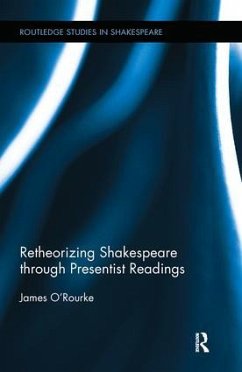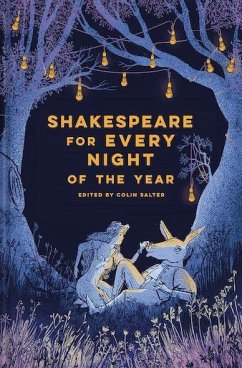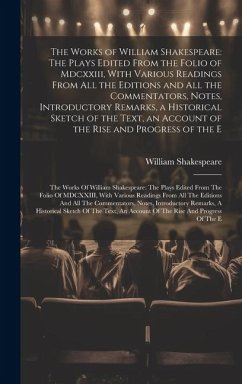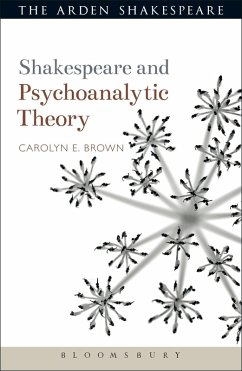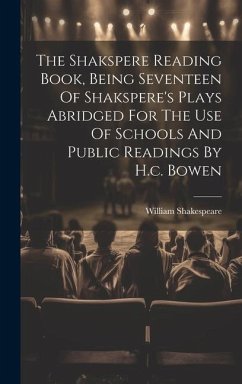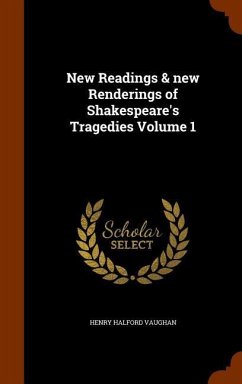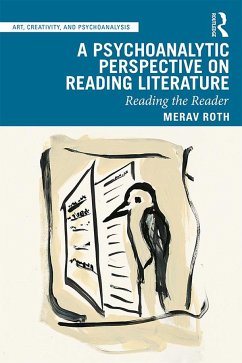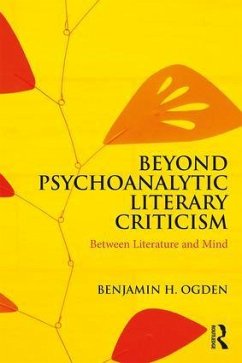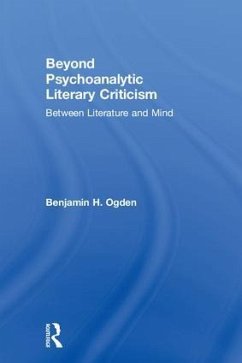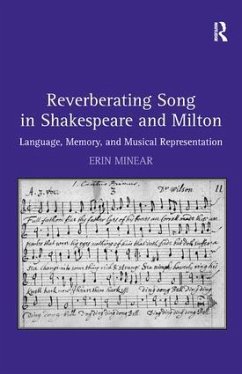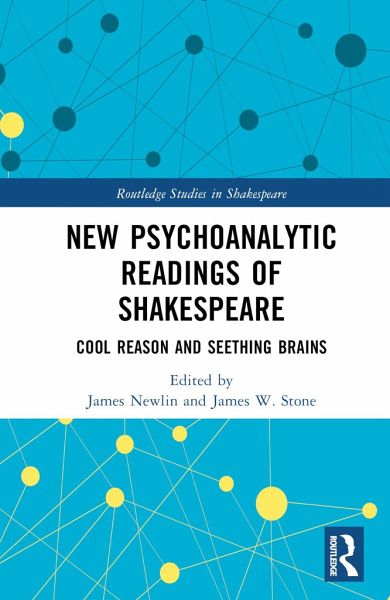
New Psychoanalytic Readings of Shakespeare
Cool Reason and Seething Brains
Herausgeber: Newlin, James; Stone, James W.
Versandkostenfrei!
Versandfertig in 1-2 Wochen
169,99 €
inkl. MwSt.

PAYBACK Punkte
85 °P sammeln!
The essays in New Psychoanalytic Readings of Shakespeare: Cool Reason and Seething Brains engage a broad spectrum of psychoanalytic theory and criticism, from Freud to the present, to read individual plays closely.





